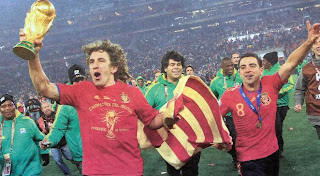All events to be
played at Appley Beach Ryde Isle of Wight
Quote Islandfootballfocus for 25% off all event team entry fees
8th
& 9th June
UK Beach Soccer Super Cup
22nd
& 23rd June
U10’s & U12’s Beach Soccer Cups (school years 4, 5, 6
& 7)
6th
& 7th July
English National Championships Beach Soccer Qualifier Cup
13th
& 14th July
Ichthyosis Beach Soccer Charity Cups (men, women, and
youth event)
20th
& 21st July
National Championships U14’s & U16’s Beach
Soccer Qualifier Cups (school years 8, 9, 10 & 11)
28th
July
Women’s Isle of Wight Beach Soccer National Qualifier Cup
16th,
17th & 18th August
Ryde Carnival 125th Anniversary Beach Soccer
CupsTo register your interest email info@iwbsa.com or visit www.iwbsa.com





